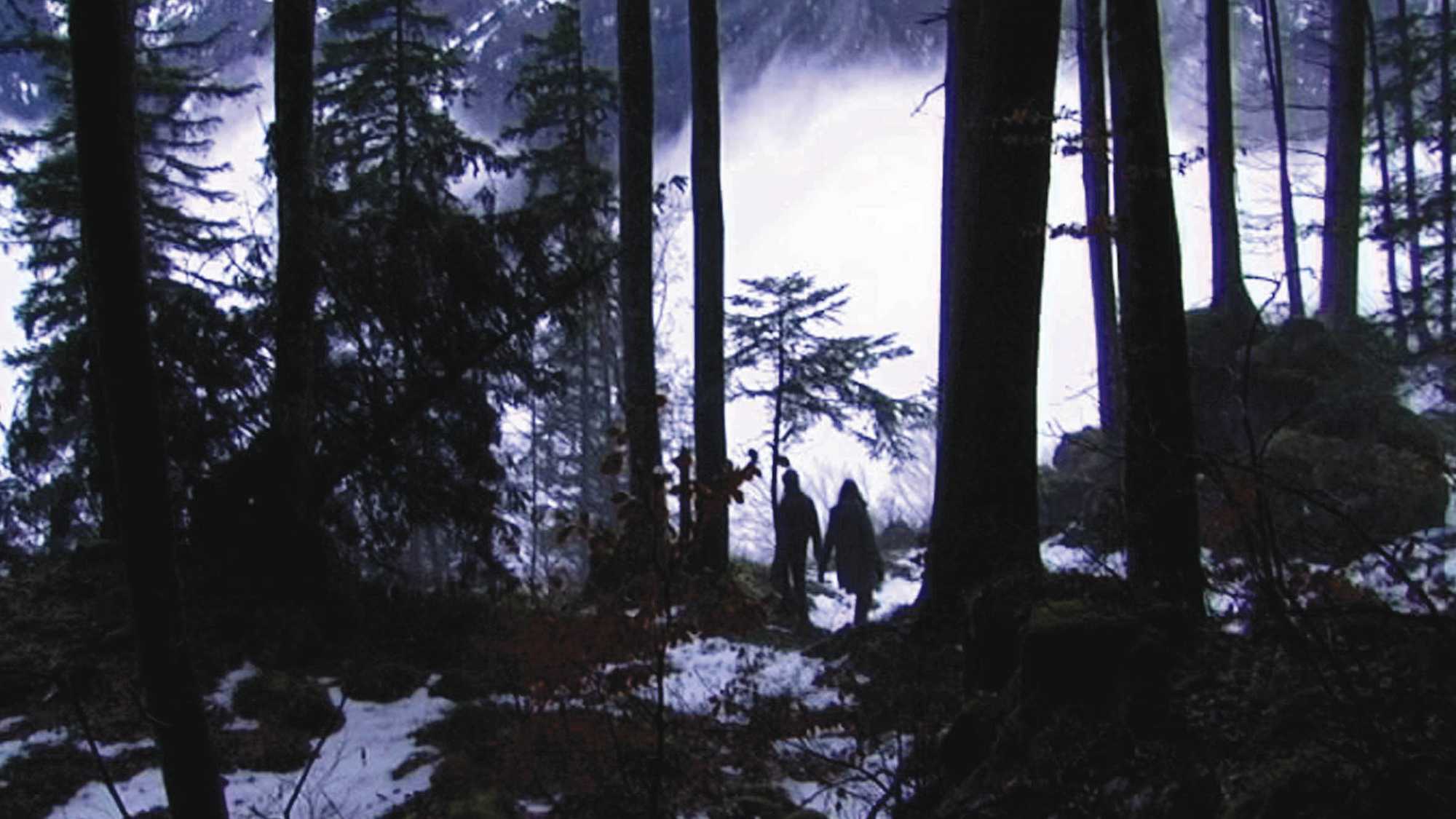Philippe Grandrieux’s majestically strange and beautiful Alpine drama contains only the barest of narratives, making its eerily elemental effect through image and soundscape. “Transcendent.” — Time Out

It confirms Grandrieux as a true original, up there somewhere with filmmakers like Bela Tarr.
Screened as part of NZIFF 2009
A Lake 2008
Un lac
Like Sokurov's Mother and Son, Philippe Grandrieux's majestically strange and beautiful film contains only the barest of narratives, making its eerily elemental impact through imagery, and a soundscape shaped from human breath. We are in a misty, snow-covered region of alpine lakes and precipitous rock faces, an unnamed landscape of almost cosmic grandeur and stillness. A young woodcutter lives in these mountains with his sister, brother and blind mother. His solitude is only intensified when a handsome young stranger comes to work with them. These figures are glimpsed as fleeting presences in ominous landscapes that resemble the Gothic fantasies of 19th-century painting. More often they are encountered, huddled, as anxious as scared animals, in intimate close-up. — BG
“Transcendent... to those with a taste for cinema that delivers raw feeling via elaborate and tersely fashioned mise en scène, it's an absolute must.” — David Jenkins, Time Out